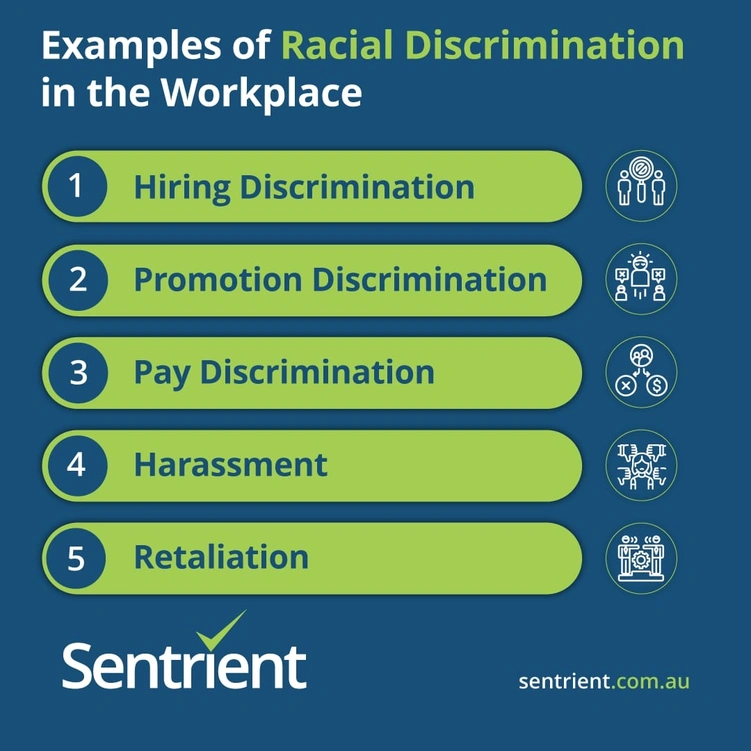Racial discrimination in the workplace is a serious issue that affects many employees of different ethnicities and races. It can take many forms, including but not limited to:
- Hiring Discrimination: This occurs when an employer refuses to hire an individual based on their race or ethnicity. This can happen during the application process, the interview process, or even after the individual has been offered a job.
- Promotion Discrimination: This occurs when an employer denies an employee a promotion based on their race or ethnicity, even though they are qualified for the position.
- Pay Discrimination: This occurs when an employer pays an employee of a certain race or ethnicity less than their colleagues who are of a different race or ethnicity, despite having the same qualifications and job responsibilities.
- Harassment: This occurs when an employee is subjected to derogatory or offensive comments, jokes, or gestures based on their race or ethnicity. This type of discrimination can create a hostile work environment and can lead to mental and emotional distress for the affected employee.
- Retaliation: This occurs when an employee who complains about racial discrimination is subjected to negative consequences, such as being demoted, transferred, or even fired.

It’s important to remember that discrimination of any kind is unacceptable and must be addressed promptly and effectively. By promoting a culture of inclusivity and respect, we can create a workplace where everyone feels valued and respected.
Read More About Racial Harassment:
- How To Deal With Racial Discrimination In The Workplace
- How To Identify, Prevent, And Respond To Discriminatory Harassment In The Workplace
- How To Identify, Prevent, And Respond To Racial Harassment In The Workplace
- How To Deal With Unfair Discrimination In The Workplace
- What Are Examples Of Quid Pro Quo Harassment In The Workplace





